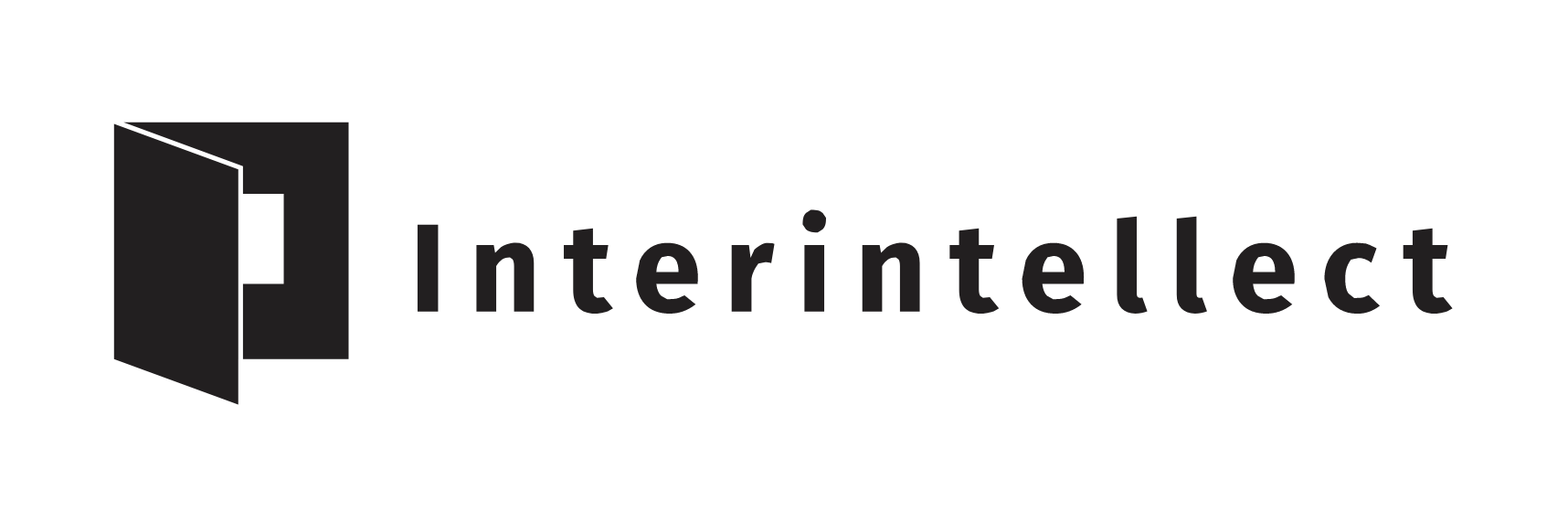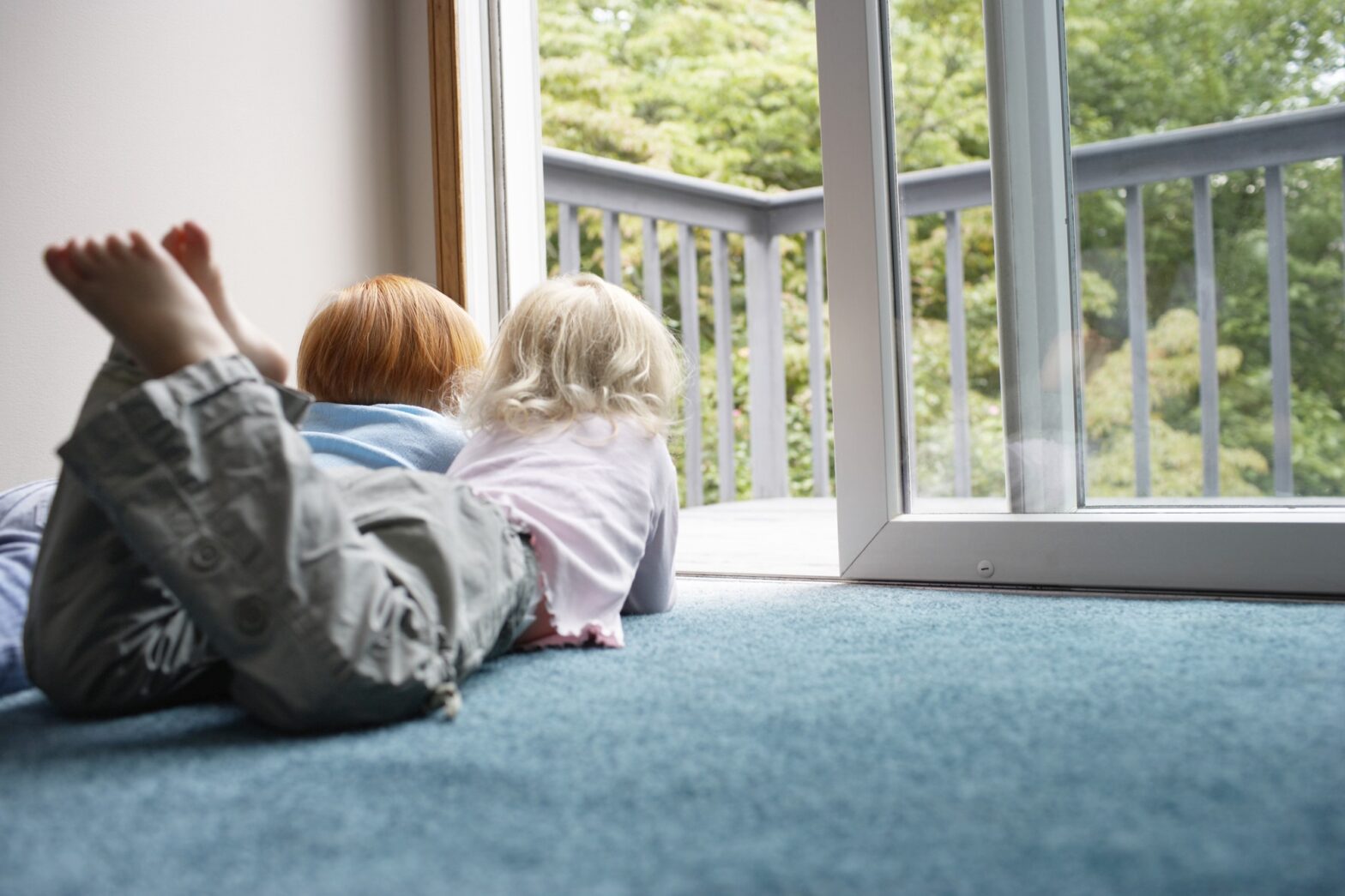Building Our Collective Memory of COVID-19
By Alex Yao for the Interintellect
Groups are being formed now that will be strengthened by the memory of shared crisis and struggle. And we will never forget the conversations that we will have in these moments.
On Saturday, March 14, 2020 we hosted our first Interintellect NYC Salon online.
The Interintellect is a global community gathering people from many professional and academic backgrounds who are united in a desire to have open, interesting conversations that bring intellectual challenge — and fun. The Interintellect Salon is an event series brought to various cities around the world to facilitate group discussions in person for the members of the Interintellect, and — online — the general public too.
As the date approached, we all collectively decided to move the Salon from in-person in NYC to online due to the impact of COVID-19.
The topic we discussed was friendship and ethics and the article that we were given to read beforehand was What We Talk About When We Talk About Anne Frank. At the climax of the article, there is a discussion between the two Jewish couples about a thought experiment called “Who will hide me?” where they think about which of their Christian friends would hide them in the event of a second Holocaust.
The topic and article were decided weeks before COVID-19 even entered public consciousness, yet it became increasingly clear it was extremely relevant to the present moment. In the background of the virtual video conversation, most of the participants lived in NYC, where the existence and impact of COVID-19 had now become extremely present in the consciousness of the city, with others participating in NJ, Philly, and Belgium.
We discussed our responsibility as friends in an emergency situation and about how COVID-19 may endanger our friends and loved ones due to the risk of spread through physical contact. Social solidarity (social distancing) becomes the most compassionate choice in our current situation and the greatest Service to Others.
The goal of this piece is to summarize the topics that came up during the salon and explore the topics that interested me personally.
You’re part of history now.
There is no significant event in recent memory, major war or infectious disease, that has impacted as many people around the world as COVID-19. In our discussion, we all recognized the importance of COVID-19 as a generational and global event, an event similar in impact as WWII and the Holocaust.
Someone pointed out:
For our generation, COVID-19 is our first collective experience with existential risk.
We are seeing the impact of the invisible virus on our supply chains through images of toilet paper outages, the strain on our medical systems through the images of overcrowded Italian and Chinese hospitals, and the fragility of our political systems with poor government responses in some countries around the world.
We all agreed that most of our systems are not built to combat this invisible enemy. And that this is a global problem that impacts everyone.
How much power do you have?
One of the most insightful questions we were asked in the Salon was: How much power do you have? We can choose to shift blame to our politicians or corporate leaders who may not be doing enough to battle the crisis financially or politically but it is also possible that we, ourselves, have powers and gifts we may not be aware of consciously.

The Power of Community and Social Capital
“How fast and early were you able to get accurate information about COVID-19?” In the Salon we discussed the implications of social capital and how it relates to the power we actually have access to.
When we organize, we gain power. We are all interconnected and something happening on the other side of the world can impact us directly. Both viruses and information spread through network effects.
We have all heard the term network effects and it applies to us and our ability to exercise our power in politics, in financial decisions, in society, and the global community.
I believe that Twitter will play a role in COVID-19 similar to the role Facebook played in the Arab Spring.
The real-time information filtered through my Twitter feed was far more accurate than some of the news reports I was seeing about the virus.
I noticed the increase in posts about COVID-19 starting in January, before some major news organizations even considered it a threat in the United States… As the weeks passed, I was added to Facebook groups and Slack groups and I was monitoring lists on Twitter that were actively sharing information to help people stay safe in this crisis.
Currently, communities are being formed by people all around the world and sharing information at a scale never seen before in history. Normal people, scientists, statisticians, medical doctors, infectious disease experts, expert generalists are all sifting through the constant flow of data and trying their best to communicate the most accurate information to help save lives, despite their governments’ best efforts to suppress information in some cases.
On Facebook, WeChat, Twitter, Slack, and other social technology platforms, groups are being formed by regular people to post about social solidarity and sharing best practices to prevent infection and the spread of infection.
The Power of Collective Memory
The future is built by the survivors and those who remember.
One of the ways I think we have tremendous power is through the way we remember these events and educate others in the future about our own direct experiences.
When we are the elders in our communities, people will be coming to us to tell our stories and lessons of what we learned from the 2020 Coronavirus and the actions we took as a collective group.
Microbes and Memory
This is a timeless war between microbes and humans. Memory and trauma is stored in our microbiomes, our DNA, our bodies and our minds. These memories will be passed down to the next generations. If we look at the effects of post-traumatic stress disorder from SARS, studies showed 10%–35% of SARS survivors reported having features of anxiety, depression, or both at 1 month after discharge.
We must consider the long term consequences of this virus as well as the long term consequences of failing to change the failing systems that have led to this global crisis in the first place.
A massive overhaul of our health system is necessary in the future, and mental health will be part of that conversation as well.
The Salon as a Collective Memory
Our Salons are now collective memory that we can use to reconstruct our experiences of this historical event: the fears, the hopes, and the solidarity between friends affected by an invisible enemy, separated by physical distance.
We can remember the compassion, care and support of all the members in this conversation.
Our Collective Memory as a Global Community
How can we honor the lives lost by this tragedy? If we choose not to act after this crisis, we are doomed to repeat the same mistakes again.
Can we reconstruct the events leading up to the global crisis and the failure of some governments and institutions to properly address the crisis? Can we hold compassion for others who feared in the time of crisis and address the institutions that created the fear in the first place? Can we recognize that we are weakened by our out-of-date systems that fail during global crisis events like COVID-19?
There is no scapegoat in this situation, this is a global problem, and all of our communities are affected. If we realize our power as a global community, we can create change in the world.
Every community in the world will be armed with a shared collective memory of their experiences during this time of crisis that will be salient and relevant to any future discussions about political, economic, social, and systemic change.
It will be stored in our bodies, minds, hearts, and souls. When we are all on the same page, operating from a collective memory, we can make better decisions to build a more harmonious and sustainable future.

What can you do?
- This is a great time to keep a journal and track your direct and daily experiences.
- This is a tremendous learning opportunity to explore how you react and see your own decision making process at work in a crisis situation.
- We are being asked to slow down and stay at home, allowing us to be more introspective. You will be able to discover what matters to you in the long run if you choose to look inside yourself.
- The experiences you gain from this crisis will be very valuable depending on what matters to you. Maybe you switch careers, learn new skills, make better health decisions, make new friends on the Internet, or gain more agency in your life.
- If you have access to the Internet, you have a tremendous gift to access the world’s education for free and keep in touch with your friends through online groups and communities. This generation of children and companies will experience remote education and work for the first time, and it definitely won’t be the last time. These are valuable experiences that will become standard in the future.

